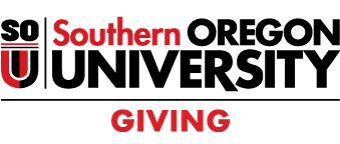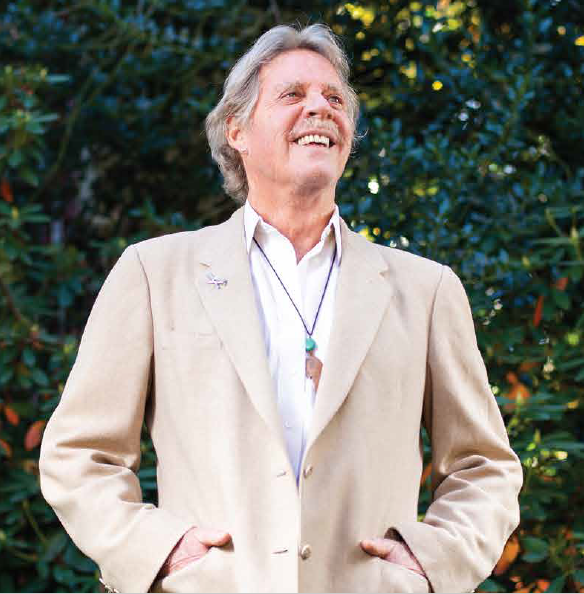Donor Establishes Scholarship Inspired by Native American Students
Grant Williams has made a point of saying ‘yes’ to what life offers, traveling the world and offering to be of service when needed. He has worked with children in Haiti, mothers in South Africa, and prisoners in California. This former professional dancer and choreographer is also an avid supporter of the arts who generously gives to causes that provide support and inspiration for those marginalized by society.
A strong ally of Native American communities, Williams made a significant gift to fund three programs that directly impact Native Americans associated with the university. One portion of his gift was used for scholarships to recruit Native students to SOU. Another portion supported Konaway Nika Tillicum, the university’s summer pre-college youth program, and the final portion funded broader programming in support of the Native American Studies Program and Native initiatives.
Because of the Native Connections Scholarship, SOU recruited six Native students from the western U.S. Paige Sullivan, a member of the Passamaquoddy Tribe, is from California. “This scholarship is very important for me because I am the oldest of three kids with a single mother. This will help out with some of the costs of moving away from home in California and starting my future,” said Paige.
Another student, Celeste Keplin, is a member of the Turtle Mountain Band of Chippewa Indian in North Dakota. A major in creative writing, Keplin plans to share the stories of her people as they overcome obstacles to become leaders.
According to the U.S. Census Bureau, Native Americans continue to face an overall poverty rate higher than average for the rest of the U.S. population. In addition, Native Americans are one of the most underrepresented groups in colleges nationwide, and many Native students are daunted by the cost of a college education. “It is important to me, and it should be important to everyone in this country, that Native students have an opportunity to realize their potential,” said Williams.
The Konaway program emphasizes community. “Students and families are immersed in a supportive environment where student success and academic competence is encouraged and expected, while students also have the opportunity to explore their identities and build self-confidence,” said Rachel Jones, Director of Outreach and Engagement.
A study last year co-initiated by the American Indian College Fund found that in spite of more than 1,000 tribes with five million members, Native Americans are often misrepresented or ignored. A lack of representation on college campuses means that younger Native students do not see people like themselves in college and may be less inclined to consider college in their future. “Scholarships and programs such as Konaway help promote college access,” Williams said. “Education has the power to transform the lives and legacies of people, their families, their tribes, and their communities.”
Because of funding provided by Williams, there were an additional 28 students who attended the Konaway program in 2019. “This was our largest group of students in program history with 54 attending,” said Jones. “We were able to accept more students into the program and facilitate participation from a wider geographic area,” she said.
Williams’ generosity of spirit and his philanthropy are necessary, even in our increasingly progressive and culturally adaptive world. As he spreads the word about how a scholarship or a program that supports Native Americans can be life-changing for students, he knows first-hand that it also can be transformative for those who give. “There is no greater joy than the joy of giving,” he said. “I have more than I need in life. How can I reconcile not sharing it, how can I not help?”



